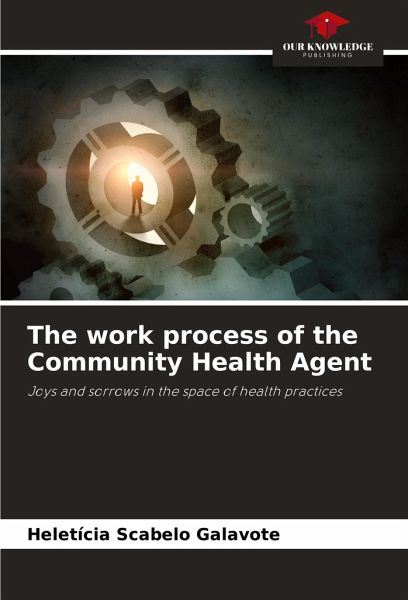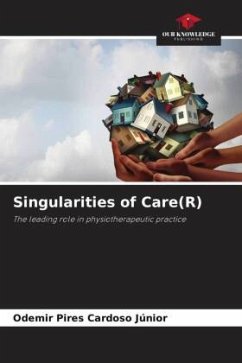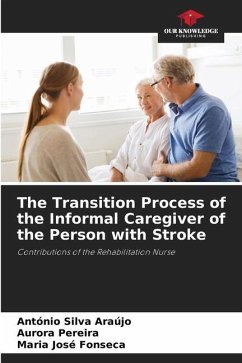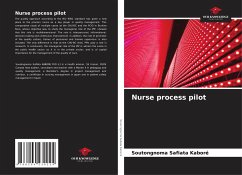
The work process of the Community Health Agent
Joys and sorrows in the space of health practices
Versandkostenfrei!
Versandfertig in 6-10 Tagen
33,99 €
inkl. MwSt.

PAYBACK Punkte
17 °P sammeln!
This study arose from the need to get to know the essence of the work of the Community Health Agent (CHA), through knowledge of the ways in which pleasure/displeasure is produced in everyday work, making it important to redefine the place occupied by the health agent in this context. This study reveals that CHAs are positioned in uncertain scenarios and at the same time have a large share of responsibility for organising primary health care and reorienting the health care model. There is a dichotomy between work centred on the institutional sphere and work centred on solidarity and social work...
This study arose from the need to get to know the essence of the work of the Community Health Agent (CHA), through knowledge of the ways in which pleasure/displeasure is produced in everyday work, making it important to redefine the place occupied by the health agent in this context. This study reveals that CHAs are positioned in uncertain scenarios and at the same time have a large share of responsibility for organising primary health care and reorienting the health care model. There is a dichotomy between work centred on the institutional sphere and work centred on solidarity and social work, which involves working directly in the community. Through the empirical material collected, it became clear that work generates suffering for CHAs when there is an experience of demands, limitations and violence that generates impotence and fear. On the other hand, the work generates satisfaction due to the recognition of the CHA's role by the team and the community and in relation to the concrete results that are seen in the medium and long term.














